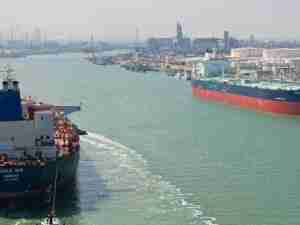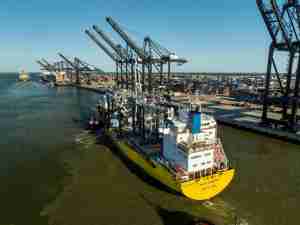The deal, in which APM Terminals will pay $840 million in cash and assume $20 million of debt, follows Russia's accession to the World Trade Organisation (WTO) last month and is the largest direct foreign investment in Russia's transportation sector to date, APM chief executive Kim Fejfer told Reuters.
Fejfer said that Russia's membership of the WTO will make it easier to trade with the country, adding: "We have now created a platform with Global Ports that will be our strategic partnership in the coming years. We expect long-term growth and, of course, we will seek to expand where demand allows."
APM will run the company on an equal basis with N-Trans, each owning 37.5 percent, with 25 percent being listed in London.
During the first two years of the partnership, neither party can increase or reduce its stake. In the subsequent three years they can raise or lower their holdings, and after five years they are free to sell out, Fejfer said.
The partners also agreed to reduce their voting shares in Global Ports by converting them into non-voting stocks, giving the 25 percent free-floated shares about 40 percent of the total voting rights.
Global Ports, which raised $588 million in a London initial public offering (IPO) last year, owns container terminals in Russia, on the Pacific and Baltic Sea coasts and in Finland. It accounts for 30 percent of total container volumes in Russian ports and 23 percent of the total exports of fuel oil from the former Soviet Union countries.
The Russian ports operator is upbeat on the prospects for the cargo container market in Russia and the former Soviet Union, Global Ports chairman Nikita Mishin told Reuters.
"We do not exclude the possibility of new greenfield projects, brownfield projects and mergers and acquisitions," Mishin said.
However, Alfa-Bank analyst Iouli Matevossov said that the expansion plans will depend on Russia's economic situation.
"Container transshipment of goods will largely depend on how much Russian consumers are ready to buy, which in its turn will be influenced by the rouble rate and other factors affecting end-consumers," he said. (Reuters)










